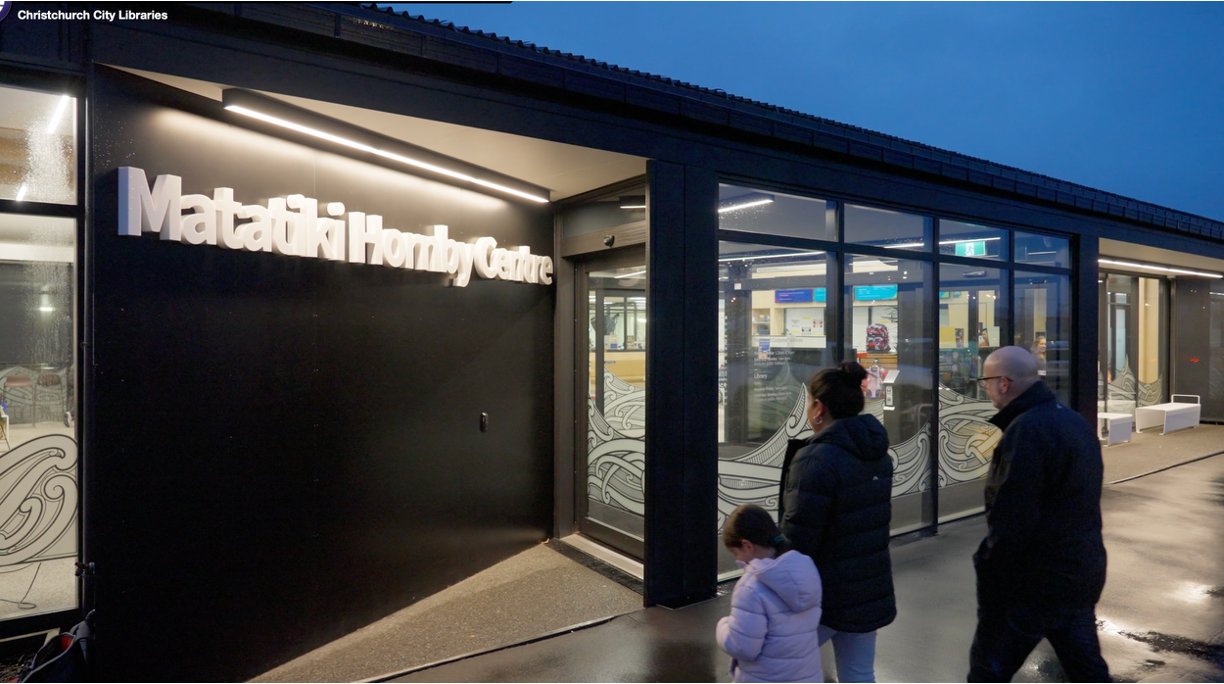Why culture organisations need new measures to show value
Recent news items claim that visitor numbers are recovering well post Covid. This is good news, yet we think visitor numbers are a shallow measure of success, and this is becoming more apparent. Reports, such as one from Dutch museums, also show that despite increasing visitor numbers, many museums struggle financially. Rising costs have made museums more expensive to operate. Cost-of-living pressures impact self-generated income. Public funding is getting under pressure in a difficult economic and security environment.
In the US, where philanthropy is a major funding source, a trend is emerging that younger generations are giving less to arts organisations. Instead “next-gen donors want to tackle big global issues, from climate change to racial justice”.
All these indicators point to the need to “develop novel ways to measure impact beyond tickets sold or objects acquired”. At QWB Lab we believe the contribution to society’s wellbeing can highlight the broader value and impact of museums both to public and private funders. Contact us to find out more.
Interested in more stories like this? Sign up to our monthly newsletter.
Why culture organisations need new measures to show value
Recent news items claim that visitor numbers are recovering well post Covid. This is good news, yet we think visitor numbers are a shallow measure of success, and this is becoming more apparent. Reports, such as one from Dutch museums, also show that despite increasing visitor numbers, many museums struggle financially. Rising costs have made museums more expensive to operate. Cost-of-living pressures impact self-generated income. Public funding is getting under pressure in a difficult economic and security environment.
In the US, where philanthropy is a major funding source, a trend is emerging that younger generations are giving less to arts organisations. Instead “next-gen donors want to tackle big global issues, from climate change to racial justice”.
All these indicators point to the need to “develop novel ways to measure impact beyond tickets sold or objects acquired”. At QWB Lab we believe the contribution to society’s wellbeing can highlight the broader value and impact of museums both to public and private funders. Contact us to find out more.
Interested in more stories like this? Sign up to our monthly newsletter.

Why culture organisations need new measures to show value
Recent news items claim that visitor numbers are recovering well post Covid. This is good news, yet we think visitor numbers are a shallow measure of success, and this is becoming more apparent. Reports, such as one from Dutch museums, also show that despite increasing visitor numbers, many museums struggle financially. Rising costs have made museums more expensive to operate. Cost-of-living pressures impact self-generated income. Public funding is getting under pressure in a difficult economic and security environment.
In the US, where philanthropy is a major funding source, a trend is emerging that younger generations are giving less to arts organisations. Instead “next-gen donors want to tackle big global issues, from climate change to racial justice”.
All these indicators point to the need to “develop novel ways to measure impact beyond tickets sold or objects acquired”. At QWB Lab we believe the contribution to society’s wellbeing can highlight the broader value and impact of museums both to public and private funders. Contact us to find out more.
Interested in more stories like this? Sign up to our monthly newsletter.






